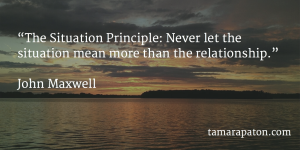

I am completely hooked on a new television series. Despite giving up cable years ago, I go through phases when I toss aside books and podcasts in favour of whatever Netflix’s algorithm presents me.
If you want to remain a productive member of society, I hope you never watch Scandal. It has all the markers of good storytelling:
- A hero with a problem
- A guide with a plan
- A call to action and
- Something at stake
My past work in book publishing taught me to recognize these elements in every good story. In Star Wars, Luke Skywalker (the hero) meets Yoda (the guide) who encourages him to use the Force (the plan). Luke must destroy the Death Star (call to action) for the sake of humanity (something at stake).
You’ll find this framework supporting countless stories’ beloved characters and plot twists. It underlies more corporate forms of communication too. Coca-Cola’s advertising, Apple’s new product launches, and CEOs’ town hall meetings all rely on storytelling. Even at an individual level, whether revealing something about ourselves to a new contact or responding to an interview question, we reach intuitively for stories.
Those who do it best enjoy a leg-up in their career. This is especially true on boards, where we must quickly demonstrate cultural fit and effective communication skills. In particular, I observe 3 settings in which your storytelling strengths can change the trajectory of your career.
Networking and interviews
In my Boardroom Blueprint program, we explore an approach to networking that focuses on our conversation partner. We begin with questions that explore their challenges, needs and pain points. Then, we reveal our own history in a way that illustrates empathy and our past experience solving the problems they face.
In his Harvard Business Review article, screenwriter Chad Hodge encourages us to take it a step further by helping others “see themselves as the hero of the story, whether the plot involves beating the bad guys or achieving some great business objective. Everyone wants to be a star, or at least to feel that the story is talking to him personally.”
Board interviews are an even more obvious opportunity to build rapport through stories. Most interviewers frame the exchange with behavioural questions that explore the candidate’s past experiences and response to obstacles. Thoughtfully prepared stories serve as a platform for well-structured, engaging interview responses. If you hit the right emotional notes, you can inspire a memorable sense of common ground and credibility.
Influence and decision making on boards
If you confuse, you lose. And confusion is all too common amid the cacophony of voices and channels seeking our attention. According to author and marketing expert Donald Miller, “There are rules to story. And if you break them, you create noise.” If used effectively, however, stories become the ultimate sense-making device.
High-performing boards ask more questions than they answer, careful to avoid the temptation of telling management what to do. When we need to deliver a message, storytelling can be an effective means of making a point without coming across as too prescriptive. A case example alone may be all one needs; if not, it can serve as a jump-off point for another director’s line of inquiry.
In most board discussions, I try to position management as the hero, leaving me to serve as the guide. Great directors embody The Oracle in The Matrix or Mr. Miyagi in The Karate Kid. We humbly support the hero with our insight, and express our confidence in management’s vision and capabilities.
Stakeholder engagement
If you chair a board, you will likely find yourself leading an annual meeting. From the podium, you can choose to recount dry, factually accurate details of your board’s governance process. With luck, your thoroughly bored audience might dismiss the opportunity to stand at an open microphone with their tough questions.
Consider story as an alternative. Showcase your brand ambassadors. Highlight a customer whose honeymoon was saved by employees’ quick response. Illustrate purpose, impact and your own personal connection to the organization’s work. The recent trend towards annual reports that merely satisfy regulatory requirements miss an opportunity to share the narrative of the organization’s journey.
Admittedly, this may not be easy. Teri Schwartz, dean of the UCLA School of Film, Theater and Television, admits that the craft “demands generosity on the part of the storyteller.” It often demands vulnerability, a condition avoided by many leaders, managers, and entrepreneurs. But by willingly exposing setbacks, the storyteller brings listeners to a place of shared understanding and momentum.
Question: How do you incorporate stories into your work? Do you embrace your inner Yoda on boards?
Please share your response via Twitter, LinkedIn or e-mail.
Thank you for reading! If you found this post useful, please click the “like” button on LinkedIn and/or share it with others in your network. Doing so helps my work reach others and would mean so much to me.










